Abstract
Amyloidosis is a rare yet significant condition characterized by the deposition of amyloid proteins in various tissues, resulting in a wide range of clinical manifestations. Although typically systemic, amyloidosis can occasionally present with isolated gastrointestinal involvement. Patients with this condition may experience symptoms such as nausea, vomiting, and weight loss. Small bowel involvement is most commonly observed; however, the stomach, colon, and, in rare cases, the esophagus may also be affected. Histopathological examination of the affected organ demonstrates red staining with Congo red dye and birefringence under polarized light, appearing as green reflexes. While primary amyloidosis (AL) often necessitates aggressive chemotherapy regimens, the treatment for secondary amyloidosis focuses on managing the underlying disease.

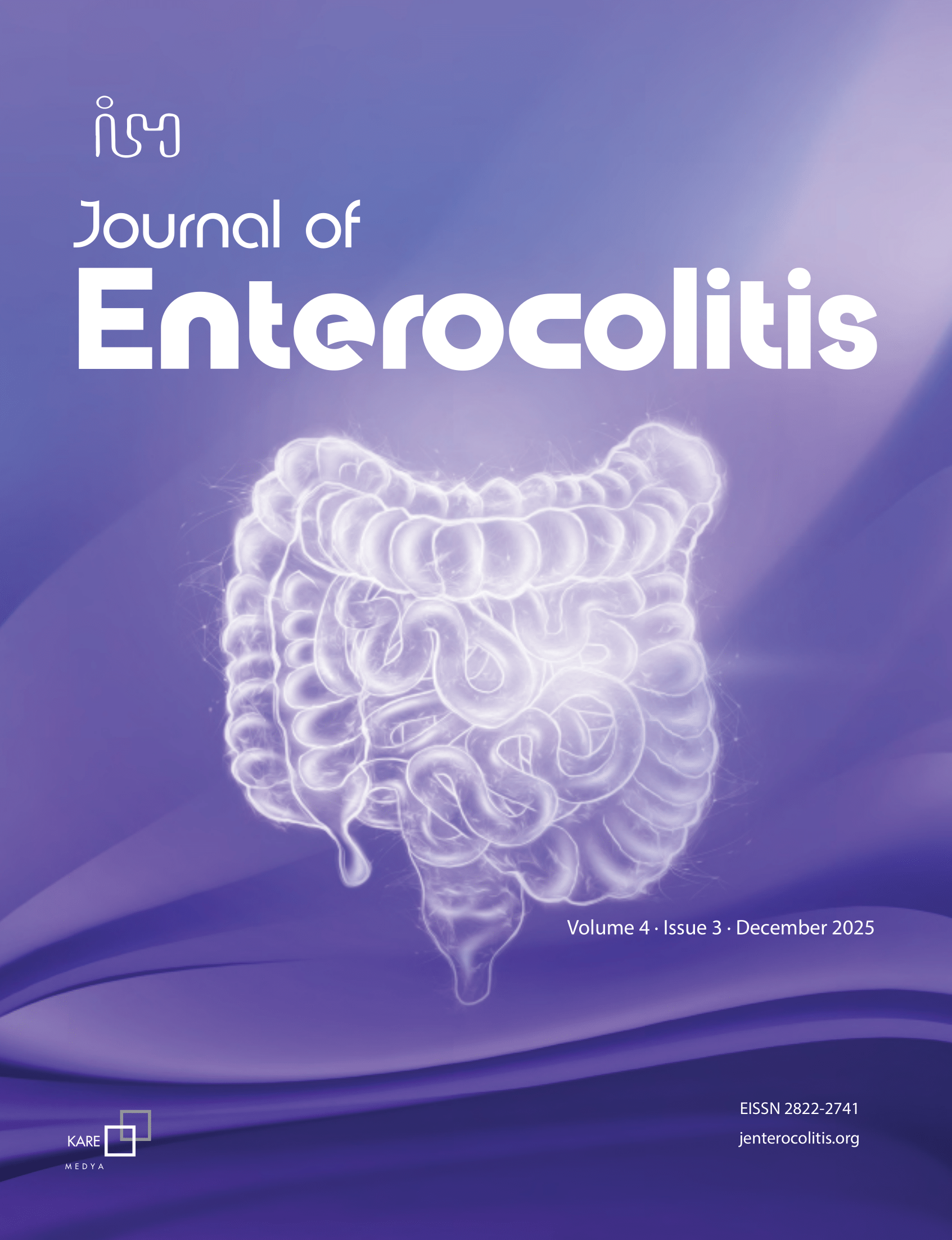
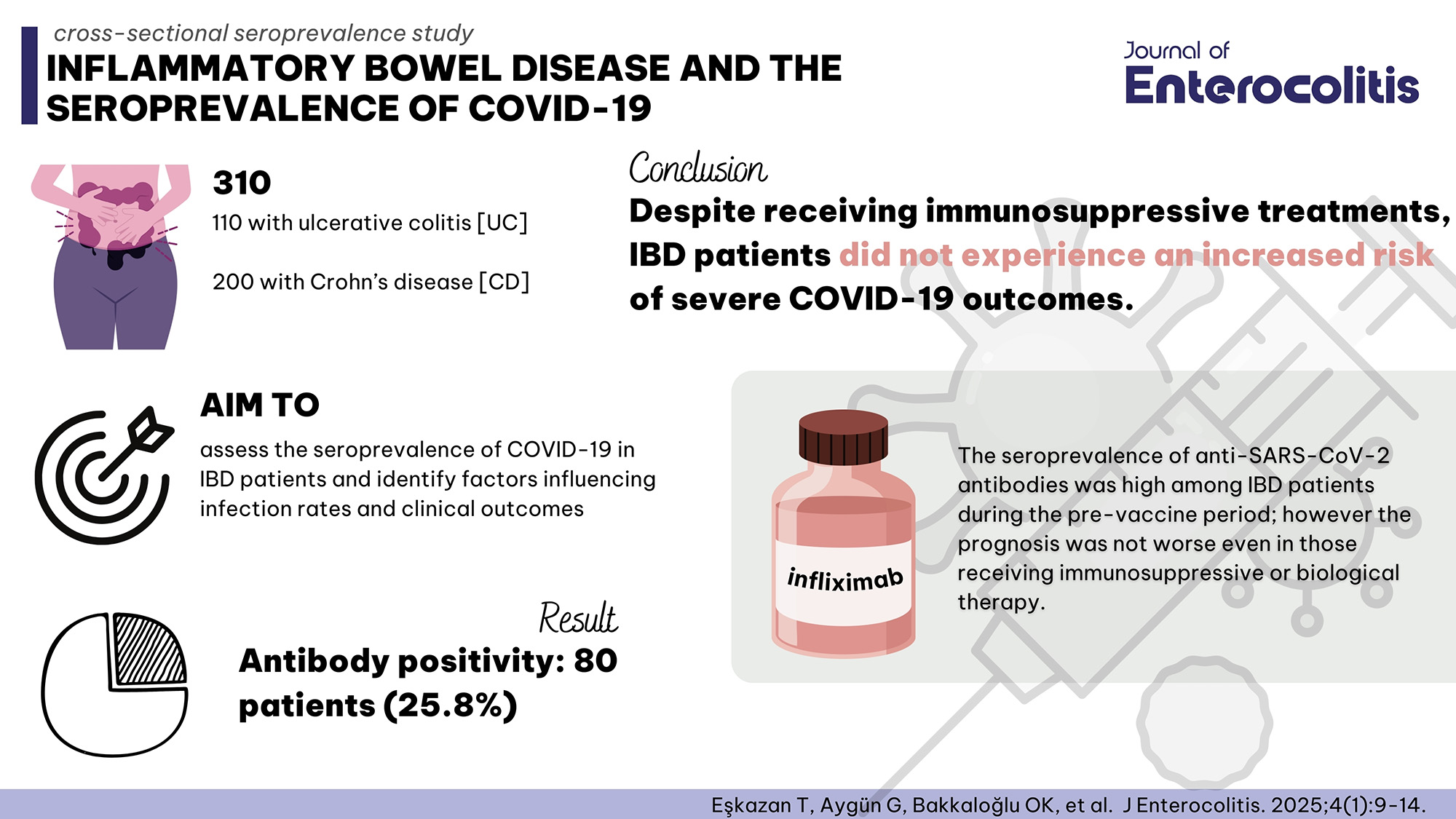
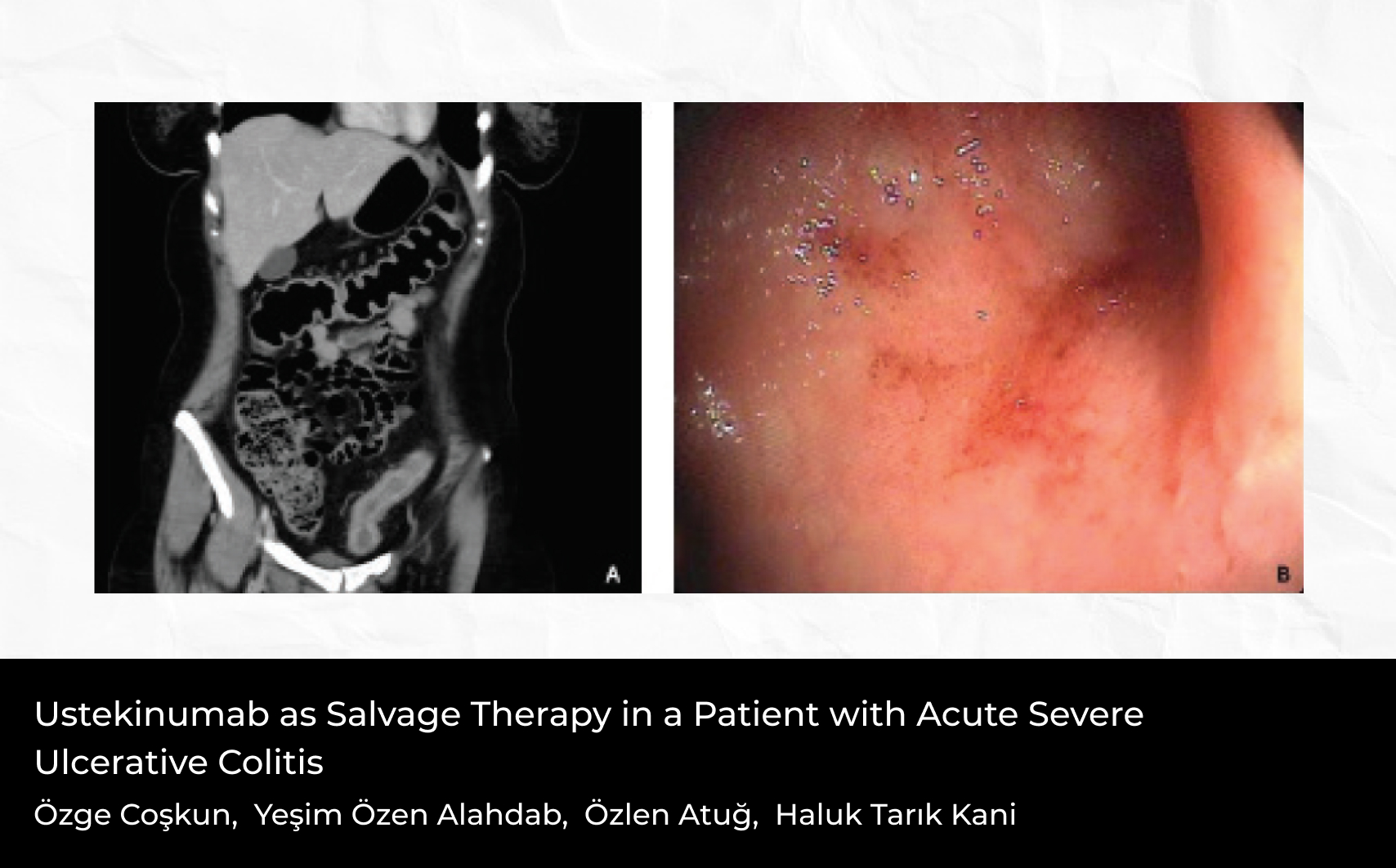
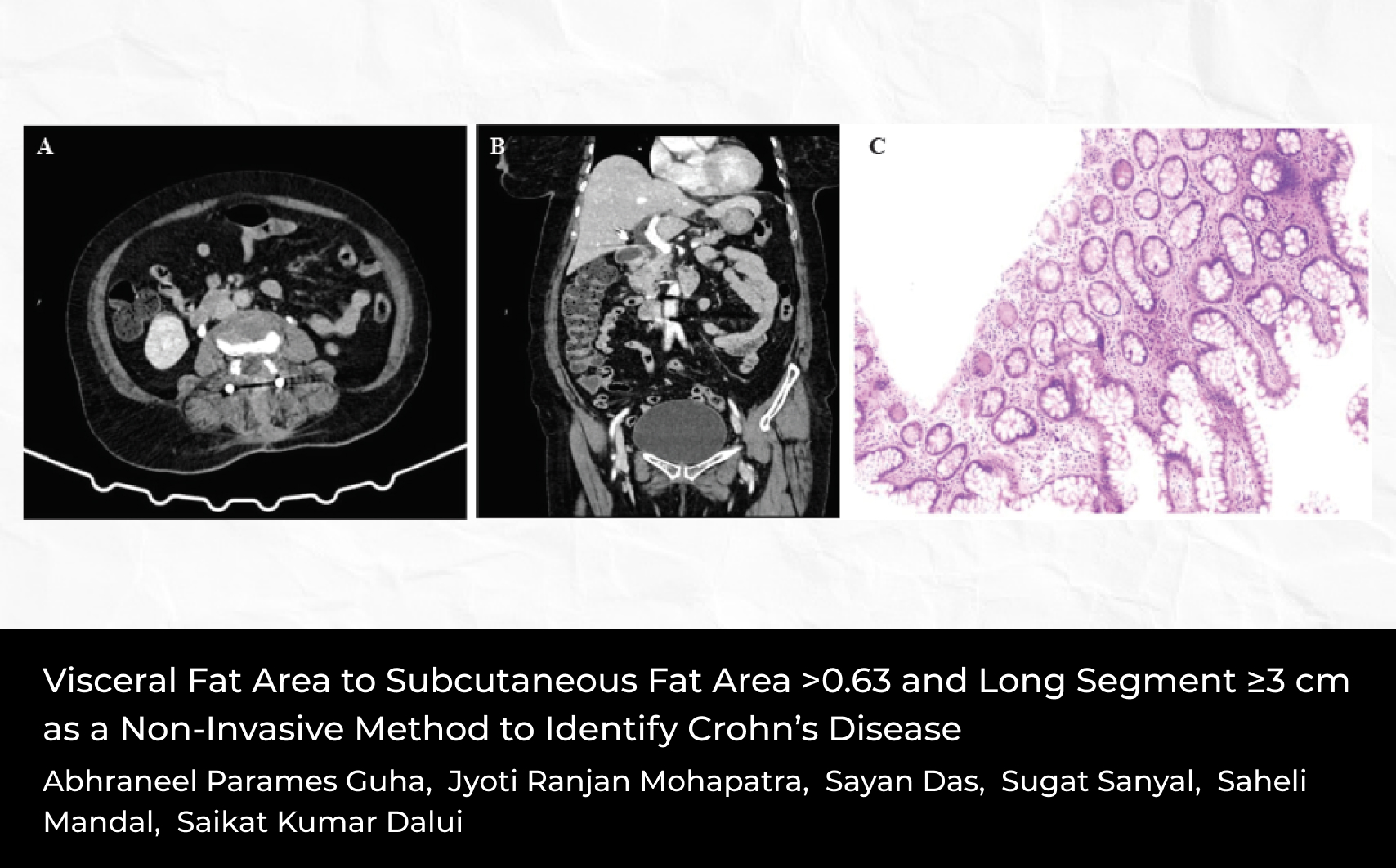
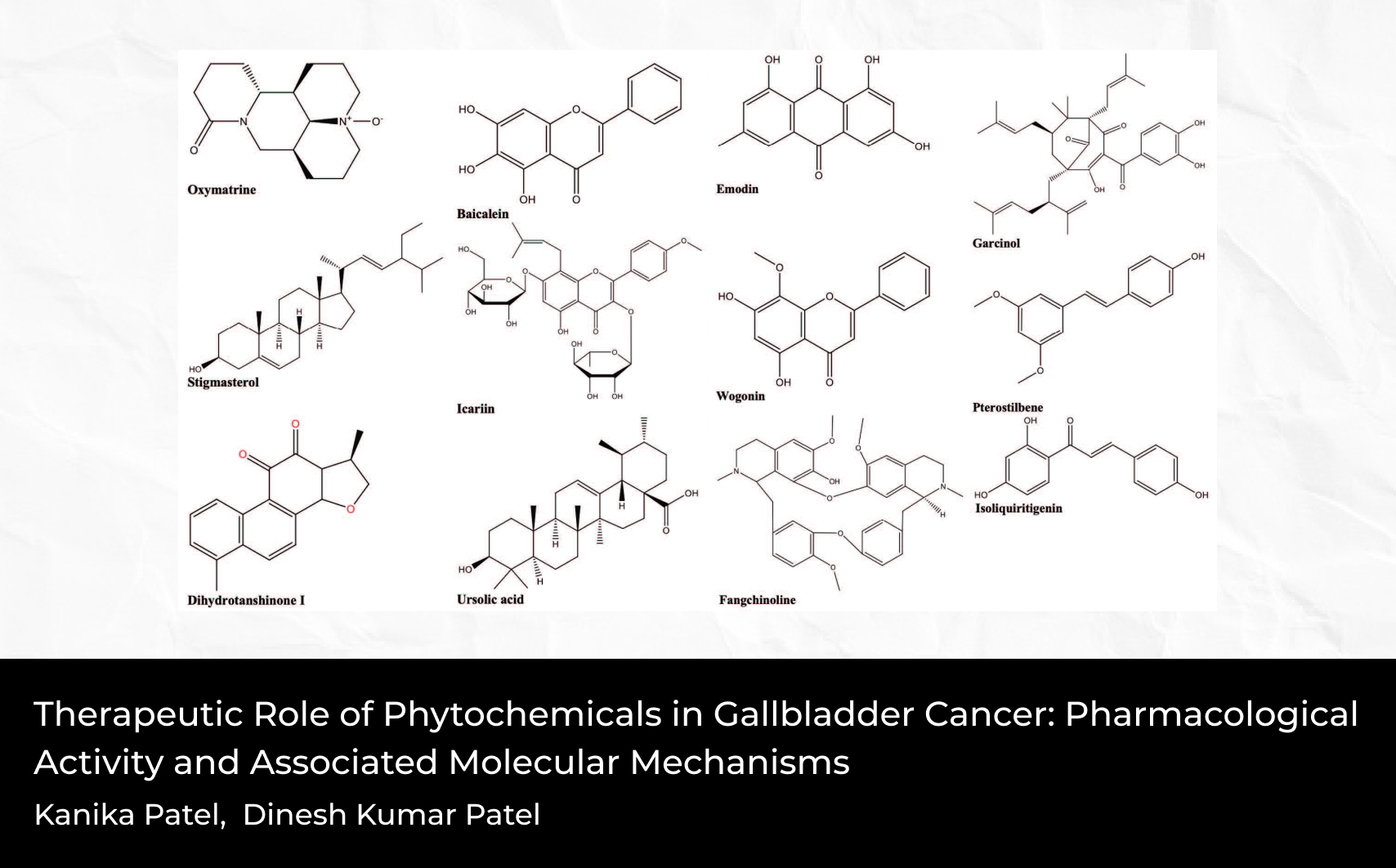
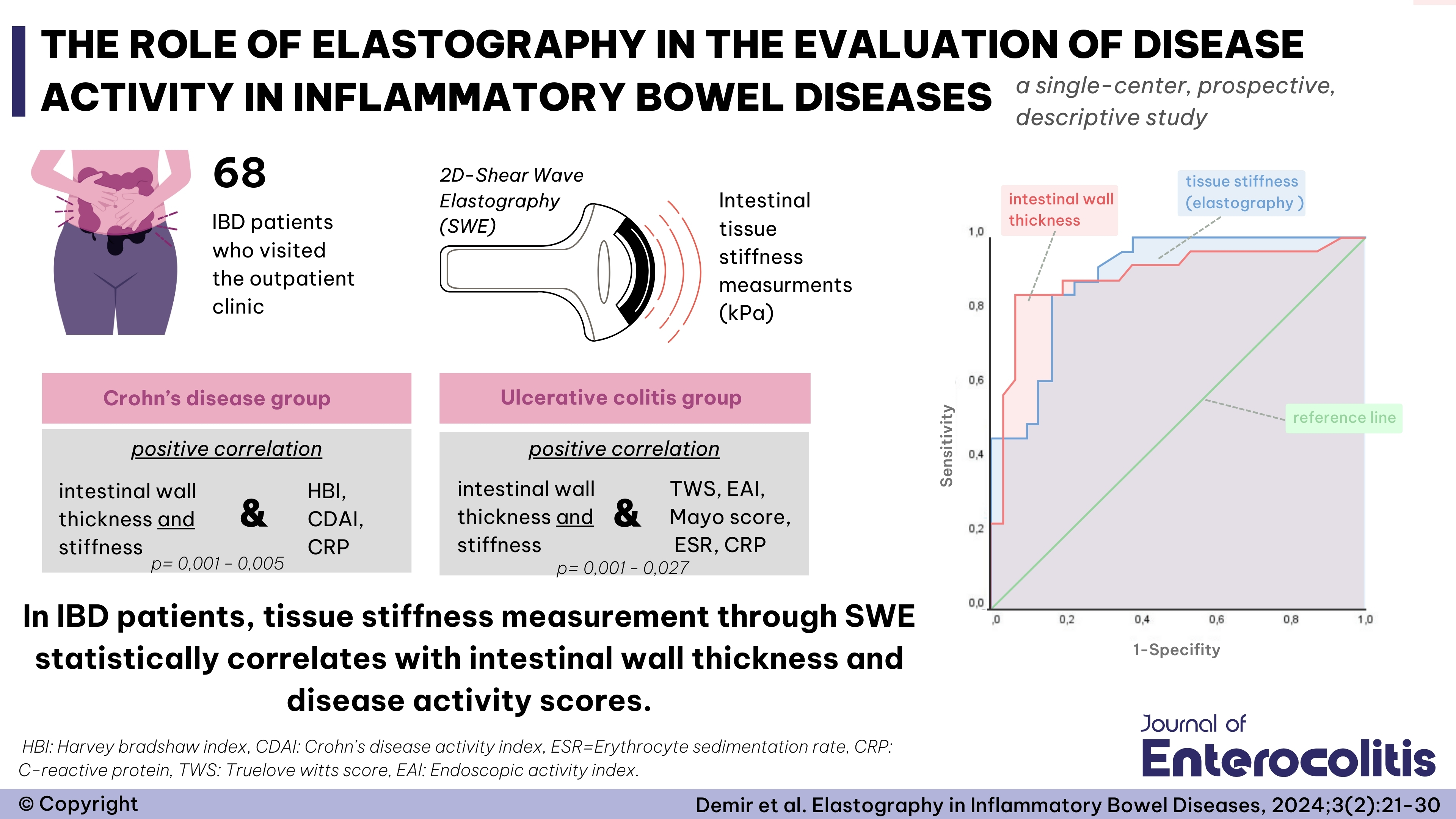
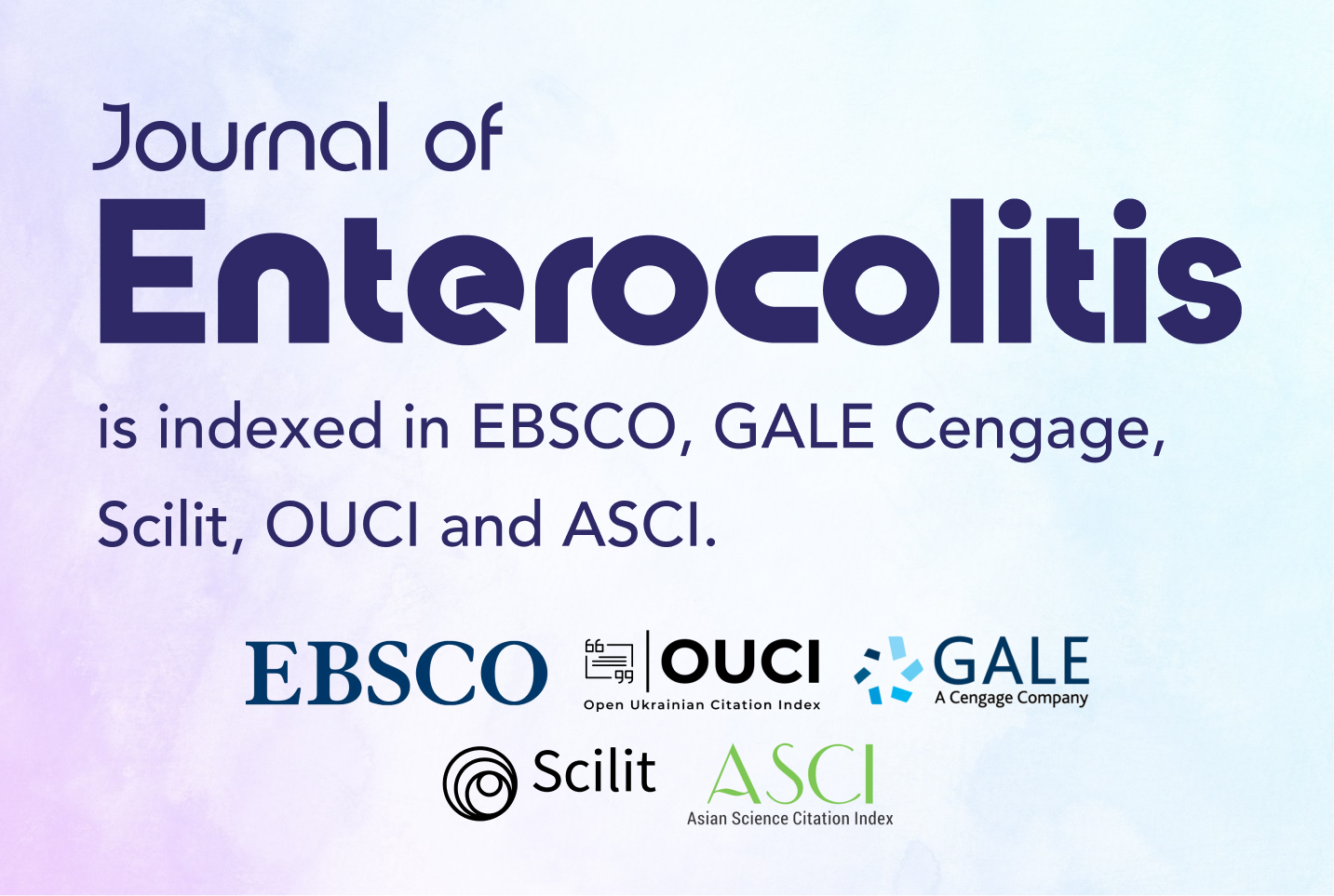
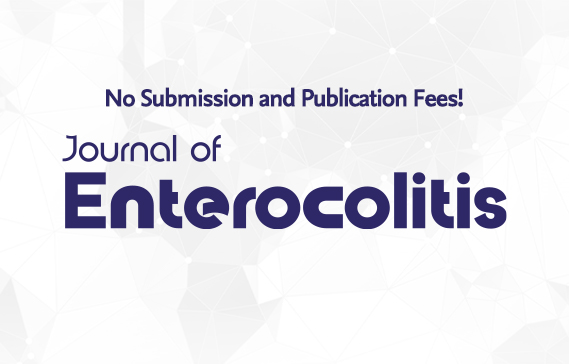
 Sezen Genç Uluçeçen1
Sezen Genç Uluçeçen1 






